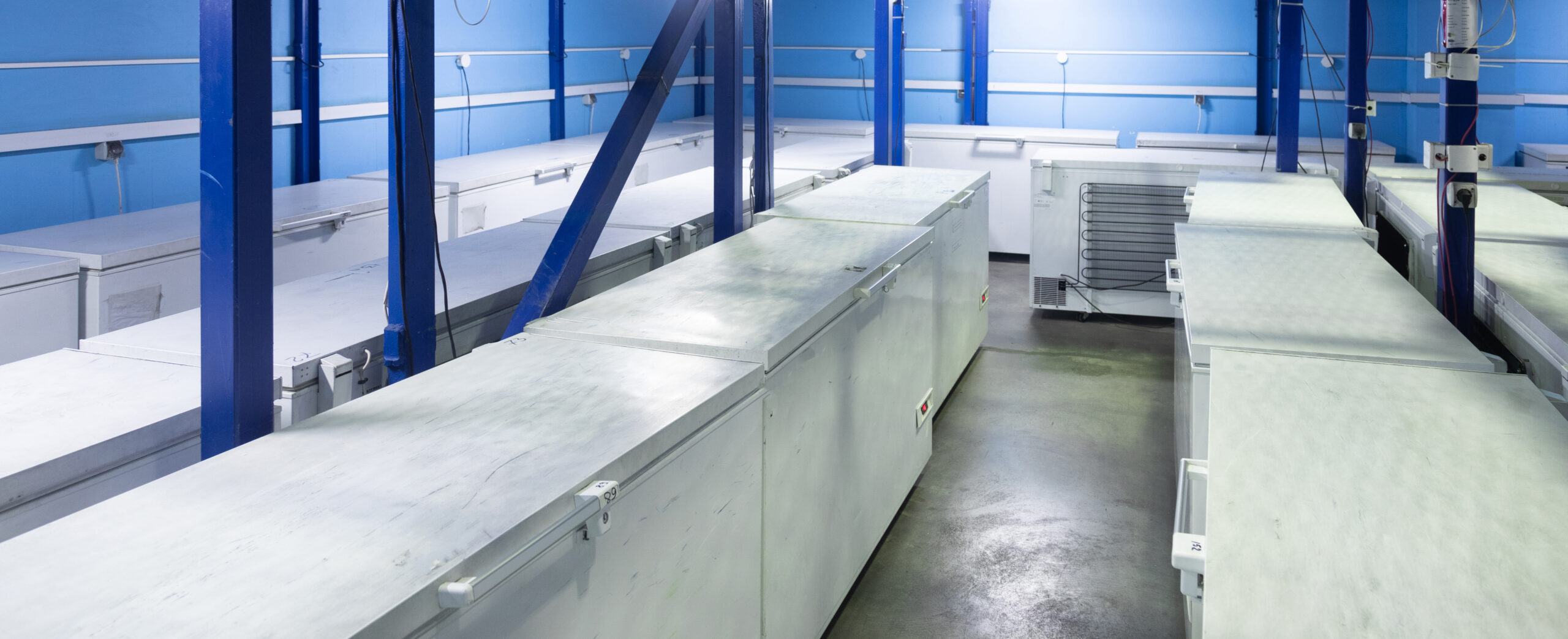Introduction
In the ever-evolving landscape of supply chain management, the importance of robust and reliable refrigerated storage systems cannot be overstated. With increasing regulatory scrutiny, it has become critical for organizations to adhere to internationally recognized standards for quality and safety. That’s where ISO certifications come into play. Accredited by ABIS, Pacific Certifications offers a comprehensive range of management system certifications such as ISO 9001, ISO 14001, and ISO 45001, which are pertinent to the refrigerated storage industry. In this blog post, we will delve into the applicable ISO standards, their requirements, and the multitude of benefits they offer for businesses in the United States.
Applicable ISO Standards for Refrigerated Storage
ISO 9001: Quality Management System
For any business in refrigerated storage, maintaining quality is pivotal. ISO 9001 focuses on quality management systems and ensures that businesses meet customer and regulatory requirements while striving for continual improvement.
ISO 14001: Environmental Management
Given the energy-intensive nature of refrigerated storage, environmental management is key. ISO 14001 enables organizations to identify and manage their environmental responsibilities effectively.
ISO 45001: Occupational Safety and Health
Operating large refrigeration units comes with its set of occupational hazards. ISO 45001 aims to reduce workplace risks and enhance employee safety.
ISO 22000: Food Safety Management
Specifically tailored for food storage, ISO 22000 lays out the prerequisites for food safety management systems. It integrates the principles of the Hazard Analysis and Critical Control Point (HACCP) system.
Requirements for Certification
To be ISO-certified, organizations must adhere to specific criteria:
- Documentation: Comprehensive documentation that details the operational procedures and responsibilities.
- Audit: Internal and external audits to check compliance with ISO standards. Pacific Certifications, accredited by ABIS, conducts these audits to ensure adherence to stipulated norms.
- Management Review: Regular review meetings by management to discuss the effectiveness of the implemented systems.
- Continual Improvement: Demonstrable commitment to continually improving the systems in place.
Benefits of ISO Certification
Enhanced Customer Trust
Adhering to ISO standards fosters an atmosphere of reliability. Customers are more likely to trust your organization if they know you comply with internationally recognized standards.
Regulatory Compliance
ISO certifications often align with or exceed the local, state, and federal regulations in the United States. This eases the compliance burden and avoids potential legal issues.
Increased Efficiency
Implementing ISO standards can result in operational efficiencies. For instance, ISO 9001 focuses on streamlining processes, which can lead to cost savings.
Competitive Advantage
In a crowded market, being ISO-certified can set you apart. Businesses often prefer partners who are ISO-certified, as it ensures a level of quality and reliability.
Risk Mitigation
With ISO 45001, organizations can better understand the occupational risks and establish controls to mitigate them, thereby reducing workplace accidents.
Conclusion
ISO certifications are not merely badges of honor; they are critical tools for effective business management in the realm of refrigerated storage. By adhering to these standards, businesses can ensure not only the quality and safety of their operations but also gain a competitive edge in the market. Pacific Certifications, accredited by ABIS, offers a robust certification process to guide organizations through every step, from initial consultation to ongoing audits for continual improvement. Equip your refrigerated storage business with ISO certifications and steer it toward sustainable growth and success.


